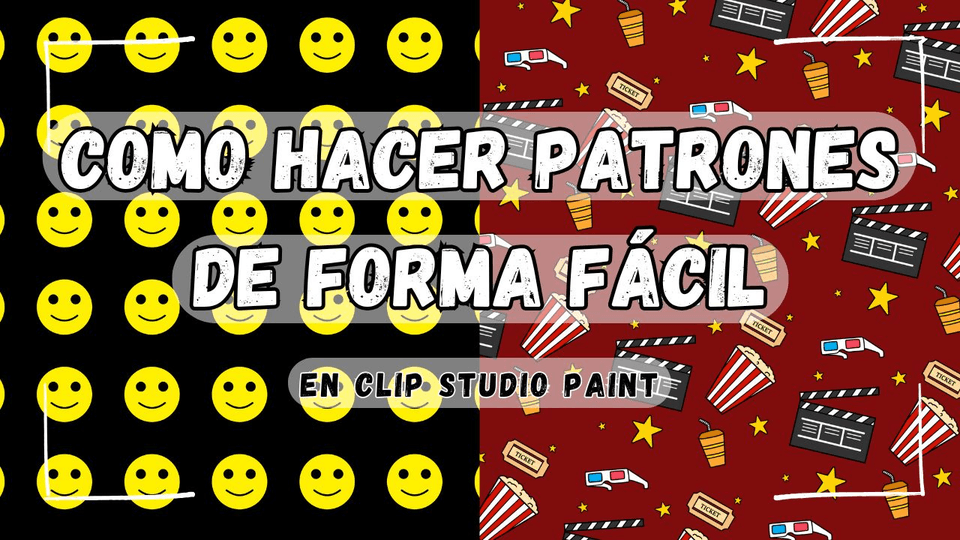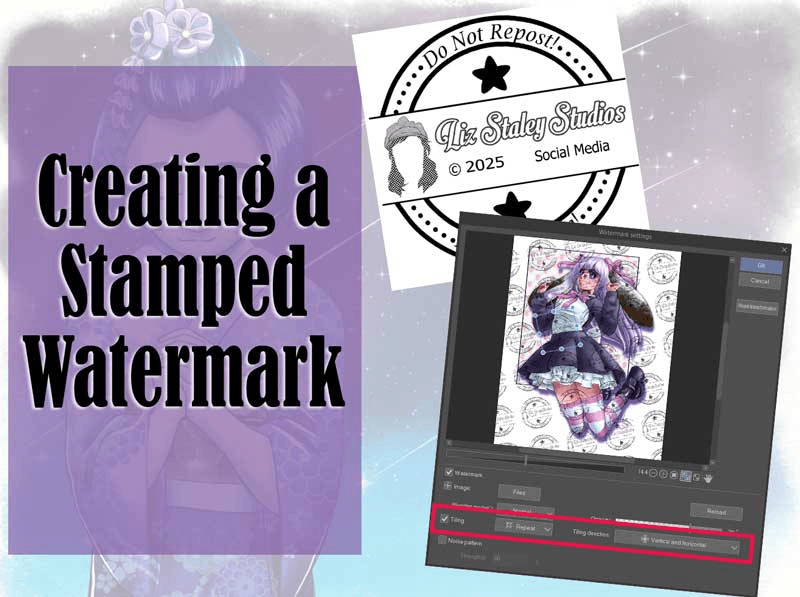9. Export + movie export (video version)
In this course, we will explain the animation production process at CLIP STUDIO PAINT based on the method of digital animation work of Nippon Animation Co., Ltd.
- This article is in Japanese. Machine translations are available for sites other than Japanese.
[1] Digital cut bag
When all the work is completed, write the necessary information in the "digital cut bag".
① On the [Layer] palette, select "Digital Cut Bag".
(2) Click "Foreground" on the [Command Bar] to move it to the top of the [Layer] palette.
③ In the [Timeline] palette, specify "1" of "Digital cut bag" as a cell.
The image is displayed on the canvas.
(4) Expand the "Digital Cut Bag" animation folder on the [Layer] palette, select "1", select the layer on the [Animation cels] palette, and write down the necessary items.
The layer structure of "Digital Cut Bag" is as follows.
We recommend that you use the "Black" layer for writing and the "Red" layer for retaking.
[2] Export
All the videos have been split, and the video inspection has been checked.
Next, we will do the work called "export".
* 1. Confirm display / non-display on the layer palette
Before exporting, make sure that all the animation folders of "cel name" are displayed on the [Layer] palette.
- Cells with hidden cell name folders are not exported.
■ 2. Animation cell output
Click [Animation cel output] on the [Command Bar].
The export dialog will be displayed, so let's set each item.
(1) Specify the save destination folder in [Export folder].
In this course, I decided to save it in "My Documents".
(2) [Output folder name] is "NAtaiken".
③ Set [File name] to [Animation folder name + serial number].
With this setting, the motion picture paper “1” in the “a” cell will be exported as “a0001”.
(4) Set [File format] to [.tga (Targa)].
(General animation works often use the "tga" format.)
⑤ Set [Output range] to [Whole].
- If you select [Drawing frame], the range of [Standard size] will be exported.
(6) Check [Export draft] and [Export for Paintman].
<Specify line width when binarizing>
When the finishing process is "Paintman", it is necessary to binarize the image in order to color it.
If you check [Print for Paintman], the lines will be binarized when exported.
The line width during binarization can be adjusted from the preview.
It is a good idea to consult with the finisher about the line width for each work.
① Click [Preview] of [Line width].
② In the displayed [Line width preview] dialog, select the reference video number from [Preview object].
③ Adjust the value of [Line width]. If you change the value of [Line width], the line width will change in the preview.
(4) After confirming the [Line width], press [OK] to return to the operation of the [Animation cell output] dialog.
(5) Check all the settings and click [OK] in the upper right of the dialog.
(6) The message "The animation cel output is completed" is displayed. Click [OK].
■ 3. Check the exported image
The "Nataiken" folder has been exported to the save destination specified as [Export folder].
The folder of each cell name is stored in the folder.
If you open the folder of each cell, the movie paper of each cell is stored.
Be sure to check that the contents of the folder match the number printed on the cut bag before passing it to the next step.
This completes the digital video process.
- The original version is explained below.

















Comment